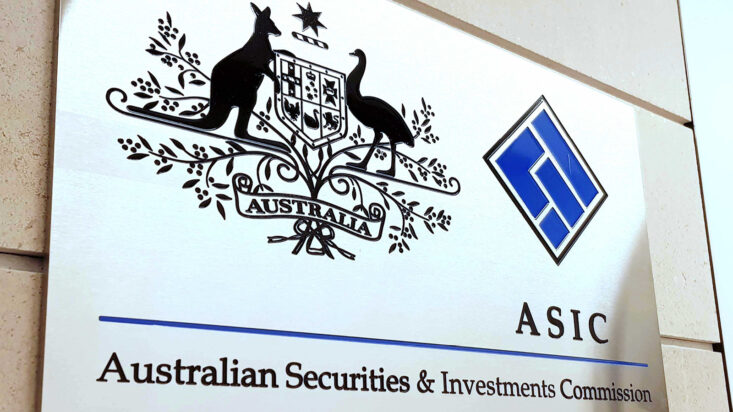Advice regulation evolving before our eyes
It’s been a busy few years for the financial advice industry and its regulators, including the Australian Securities and Investments Commission (ASIC). Yet if the past week is anything to go by, things are only likely to be get busier in 2021.
November has seen a series of announcements, submissions and potentially wide-ranging changes to the regulatory environment. Whether it was the release of the long-delayed Retirement Income Review, the call for submissions into delivering more affordable financial advice or growing pressure from the Parliamentary Commission for more transparency, the wheels are in motion.
Retirement Income Review
The Federal Government’s Retirement Income Review led the news flow with a political blowtorch on the impending increase in the Super Guarantee rate from the current 9.5%. The Mike Callaghan-led review released calculations broadly in line with those produced by the Reserve Bank of Australia, which suggested that an increase in the Super Guarantee would come at a cost of current day disposable income, was poorly timed given the pandemic but most importantly would cost the government more in tax breaks than Age Pension payments until 2055.
The detailed look at the retirement income system found it to be generally ‘effective’ but with clear areas of improvement. SMSF Association CEO John Maroney was quoted as saying “The retirement income system is complex, and there is a pressing need to improve public understanding of it”. According to the report, of the 16 million people with superannuation, just 11 thousand have balances exceeding $5 million but it is this group gaining in excess of $70,000 per annum in tax breaks. It also notes that of the $41 billion ‘annual cost’ of super, $22 billion was associated with the ‘tax exemption’ on pension balances.
According to the analysis, 71% of people aged over 65 receive the Age Pension and 60% of these receive the full pension, but the system “does not appear to be delivering an appropriate standard of living for many retiree renters” who face income poverty. Highlighting that “Regardless of the value of the house, a homeowner can receive the same Age Pension as a renter, all other things being equal,” which is clearly not sustainable. They suggested solutions including capping the asset test exemption of each pensioners home or encouraging reverse mortgages to reduce ‘inequitable outcomes’.
Insurance in Super confusion
Questions have also been raised on the future of insurance within superannuation, but particularly default and industry funds. ASIC released a consumer research report this week that suggested close to a third of people found the process ‘complex and difficult’. ASIC Report 673 pointed to the better understanding of those who obtained insurance via a financial advice. It seems cost cutting, outsourcing and digital advice is doing little for engagement and member education for the big funds.
The report stated that: “After interacting with their fund, about a third of the participants spontaneously reported that they felt confused, overwhelmed or uncertain”. Further, “they found insurance complex and difficult. Some discovered information they did not understand or did not know how to respond to. This often caused them to delay in engaging further with their fund on insurance after their initial interaction,”
Affordable and ‘scaled’ advice
The calls for real change and clarity in the financial industry have grown louder, with the overlapping and inconsistency of the Corporations Act and FASEA Guidelines making the provision of advice more costly and higher risk for advisers.
According to AIOFP executive director Peter Johnston “Advice costs have tripled over the past five years and now costs consumers a minimum of $5,000 to be onboarded with an adviser and similarly with ongoing servicing fees”. But the release of ASIC’s Consultation Paper 332, Promoting access to affordable advice for consumers, seemingly acknowledges these concerns and seeks to address the reducing availability of advice following the departure of over 15% of the profession since the Royal Commission.
The paper has taken a conciliatory tone, asking advisers for help in understanding “impediments to the delivery of good quality limited advice” and seeking to find solutions together. ASIC is asking advisers specifically where they think the cost of compliance could be minimised: “What costs inherent to the provision of advice most affect the ability of your business to provide lower cost personal advice?” and “How could these costs be reduced?”
Further, the paper states that “Despite our guidance and the acknowledgement of limited or scaled advice… many financial advisers and advice licensees remain uncertain about how they can provide compliant limited advice,” the paper states.
Despite a busy few years, these all appear to be positive moves towards a more professional, flexible and cost effective financial advice sector.










